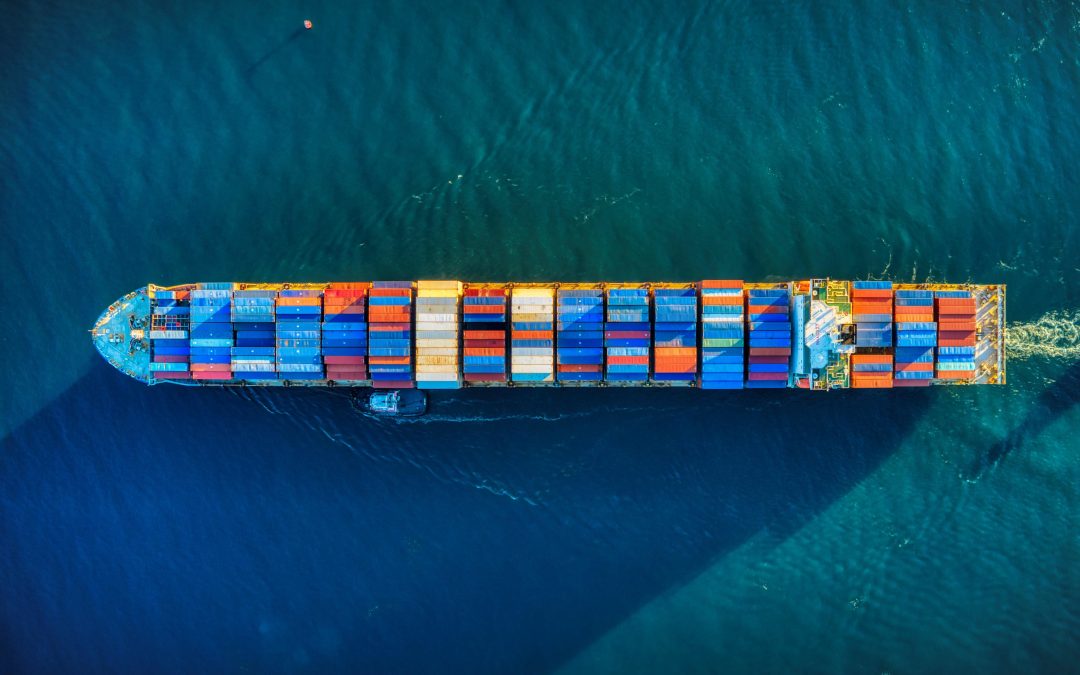Bangladesh’s shipbreaking industry imported only 144 scrap ships last year, totalling 9.68 lakh Gross Tonnage (GT) of end-of-life ships, the lowest since 2005, due to challenges posed by the Covid-19 pandemic and the Russia-Ukraine war.
This Chattogram-based industry, which leads the global ship recycling market according to 2023 rankings, typically processes 2-3 million GT of end-of-life ships annually on the shores of Sitakunda.
The last time it recycled less than 1 million GT was in 2004. Since then, the industry has grown steadily, peaking in 2021 with 280 ships totalling 2.73 million GT.
However, the combined effects of Covid 19 and the Russia-Ukraine war triggered an economic downturn, causing imports to plummet to 1.14 million GT in 2022.
This decline continued in 2023, with imports dropping further to 1.02 million GT. In 2024, for the first time in two decades, imports fell below 1 million GT.
Industry leaders and experts attribute the decline in imports to several factors, including the dollar crisis, high international ship prices, and low local demand caused by the economic slowdown and political unrest.
Additional reasons include the closure of many shipbreaking yards due to the green transformation requirement by July 2025, import restrictions imposed by the Bangladesh Bank, and the government’s recent policy delaying the issuance of permission for dismantling ships.
Bangladesh likely to lose top spot to India: Experts
While Bangladesh’s shipbreaking industry struggles for survival, its nearest competitor, India, is planning to scale up its capacity. According to a report by the Times of India, India’s ship recycling industry aims for a target of 2.3-2.6 million GT in 2024, with expectations to grow to 3.8-4.2 million GT in 2025.
According to CareEdge ranking, India accounts for 33% of the global gross tonnage dismantled in 2023, second only to Bangladesh, which recycled 46%.
Though the global ship-breaking industry rankings for 2024 by rating organisations such as the NGO Shipbreaking Platform or CareEdge have not been published yet, industry experts fear that Bangladesh is likely to lose its leading position to India.
Captain Anam Chowdhury, president of the Bangladesh Marine Officers Association (BMOA) and a ship-breaking industry expert, told TBS that with the $100 million funding from international donors India developed 120 green yards on the coast of Alang in Gujrat to recycle ships following the Hong Kong Convention.
“In contrast, Bangladesh could develop only five green yards in the last 10 years which is not enough to compete with India. As Bangladesh ratified the Hong Kong Convention in 2023, no yard except green-certified ones will be allowed to recycle ships after July 2025, which means that Bangladesh is likely to lose its top position this year”, he explained.
He also warned that if the government does not step in to finance the development of Bangladesh’s shipbreaking industry, which circulates over Tk90,000 crore in the country’s economy, it will be on the verge of shutdown.
Reasons behind the decline
Zahirul Islam Rinku, vice president of the Bangladesh Ship Breakers and Recyclers Association (BSBRA), said, “The industry began facing challenges in 2022, when the dollar crisis hit the local economy and the global economic slowdown, triggered by the Russia-Ukraine war, took hold.”
“Later in 2023, the rising price of end-of-life ships due to the booming shipping industry barred us from importing the expected number of ships from the global market. Simultaneously, the central bank’s restriction on importing big ships hurt the industry,” he said.
In 2024, the fall in the local steel demand caused the price of scrap steel to decrease, discouraging the recyclers from importing ships. In the last six months, the government policy of delayed issuance of cutting permission for ships added additional burden on the recyclers,” Zahirul said.
“Usually, it takes two to three weeks to obtain cutting permission from the government after beaching a ship to the yard. But, since August last year we had to wait on an average of two months to receive the clearance which put an extra Tk2-3 crore interest burden on the entrepreneurs making them reluctant to import ships fearing losses,” the BSBRA vice president explained.
Taslim Uddin, a member of BSBRA, said that the falling demand for steel in the local market due to sluggish development work forced the MS Rod prices to fall to Tk80,000 per tonne in recent months, which used to be sold at Tk 1 lakh six months ago.
“As a result, the price of scrap steel also fell sharply from Tk65000 to Tk55000 per tonne which costs us approximately Tk68000. Most of the ship-breakers had incurred losses in the last year discouraging them from importing ships,” he said.
Muhammad Ali Shahin, coordinator of Young Power in Social Action (YPSA), a development organisation working for the ship-breaking industry for the last 20 years, said that 10-15 shipbreaking yards have been going through a development process to transform into green yards which is another reason for falling imports.
“These yards had to keep their operation suspended most time of the year for the construction works which caused the imports to fall,” he explained.
Abu Taher, president of BSBRA, attributed the significant decline in imports to the large number of yards halting operations due to financial challenges.
He said, “In 2020, there were at least 60 yards in operation out of 120 registered ship breakers. In the last four years, 35 of them were closed due to financial burden. Most of the entrepreneurs have become loan defaulters after incurring losses for extended periods.”
“The price of ships is high in the international market. However, the price of scrap is comparatively low in the local market creating a big gap to realise the cost of operation and bank interests. As a result, they incur losses,” Taher explained.
Tapan Datta, convener of the Ship-breaking Worker Trade Union Forum, told TBS that about 20,000 workers and employees are directly involved in the industry which earns the government Tk1200-1400 core in revenue.
“If the government spends 10% of the revenue for the development of the industry so many problems can be solved”, he added.
Like Tapan, industry leaders urged the government to come forward with policy and financial support to keep the industry thriving in the global market.
Source: The Business Standard






